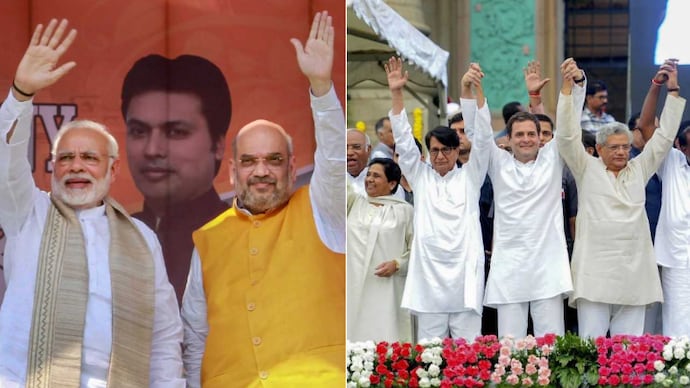The BJP will embark on a new chapter as a result of the Lok Sabha elections. A top BJP official observed, “The leadership is no longer immune to scrutiny or criticism
Following the six-week election, all 640 million votes cast in India have been tabulated, and the largest democratic exercise in history and the world has produced some startling results.
Prime Minister Narendra Modi’s ruling Bharatiya Janata Party (BJP) secured 240 seats, but was short of the 272 seats needed for a majority in the Lok Sabha, the lower chamber of the Indian parliament with a total of 543 seats. The BJP has won 283 seats and is still in the majority thanks to its partners.
With the support of the Indian National Congress party, the opposition INDIA alliance secured 223 seats. In comparison, the National Democratic Alliance (NDA), led by the Bharatiya Janata Party (BJP), secured 353 seats in 2019, with the BJP securing 303 of those seats by itself.
The most shocking results came from Uttar Pradesh (UP), which has 80 parliamentary seats and has been led by the BJP since 2017. With a population above 240 million, it is the most populous state in India and will ultimately determine who rules in New Delhi. Additionally, Modi and Congressman Rahul Gandhi ran for office in the state from separate constituencies.
A number of political earthquakes that seem to have altered India’s political landscape were at the core of this change.



